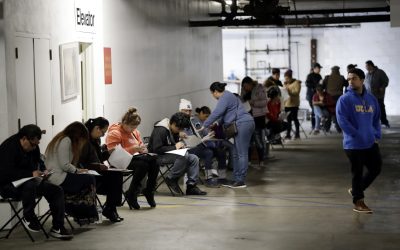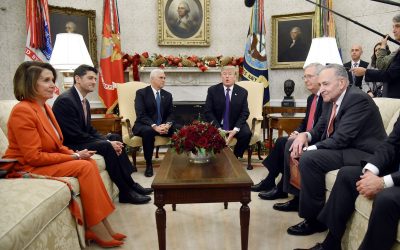Brief # 122 – Economic Policy
By Rosalind Gottfried
Biden and the Democrats are currently haggling over a 1.2 trillion dollar plan to address infrastructural change. This figure is down from the original 4 trillion sought by Biden. For negotiations, the White House had trimmed the bill to 1.7 trillion and it now stands at 1.2 trillion.












